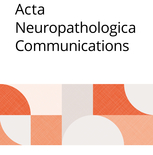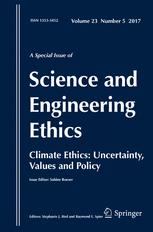
Nearly all of the editorial board members of a 150-year-old journal about the molecular underpinnings of medicine and disease have resigned their posts, protesting changes by publisher SpringerNature that they say “jeopardized the future and scholarly legacy of the Journal.”
In a December 1 letter, led by the three former editors in chief of the Journal of Molecular Medicine — Detlev Ganten, Gregg Semenza and Thomas Sommer — more than 70 then-editorial board members raised two objections: closing a small editorial office and laying off staff, and unilaterally appointing a new editor.
Regarding the decision to close the office at the Max Delbrück Center for Molecular Medicine (MDC) Berlin Buch, where it has been since 1995, the editors and board members wrote: Continue reading Most board members of journal resign to protest new editor, layoffs







